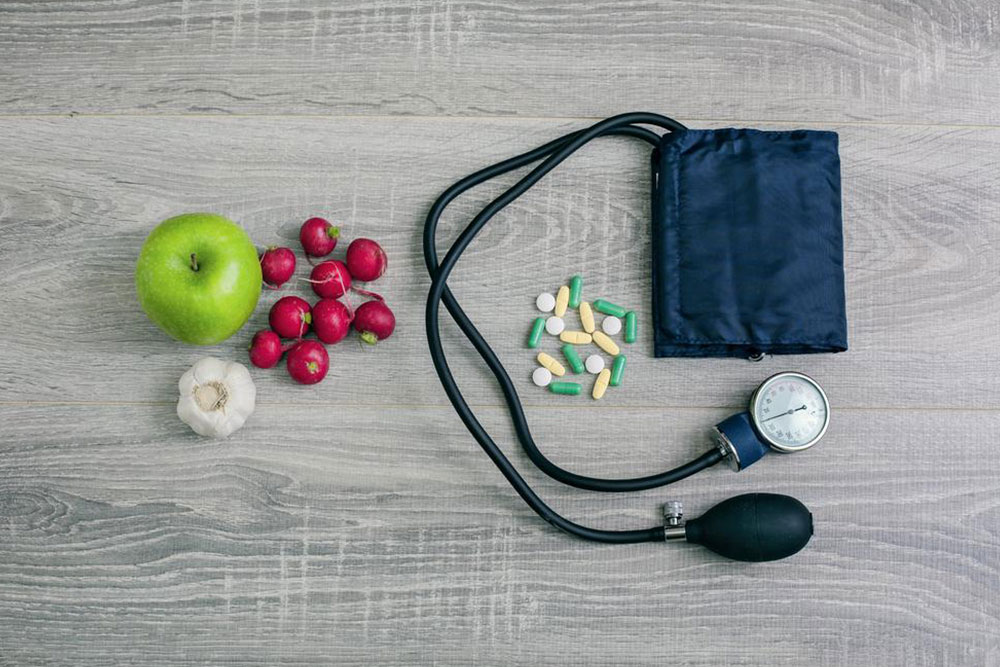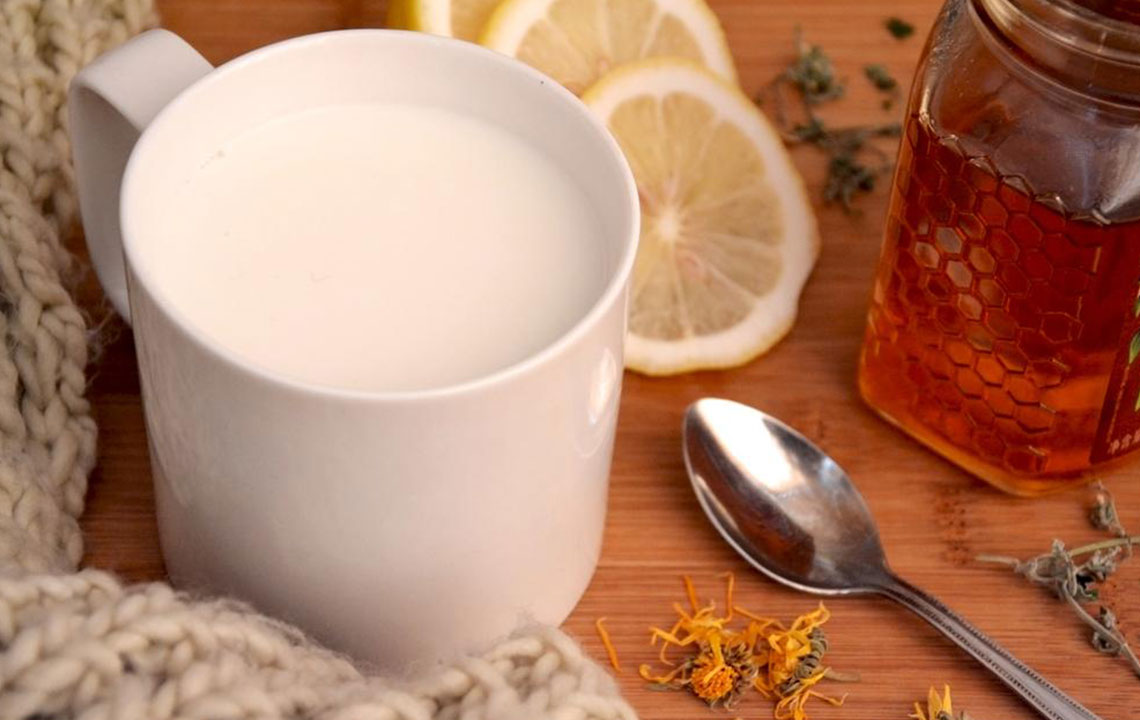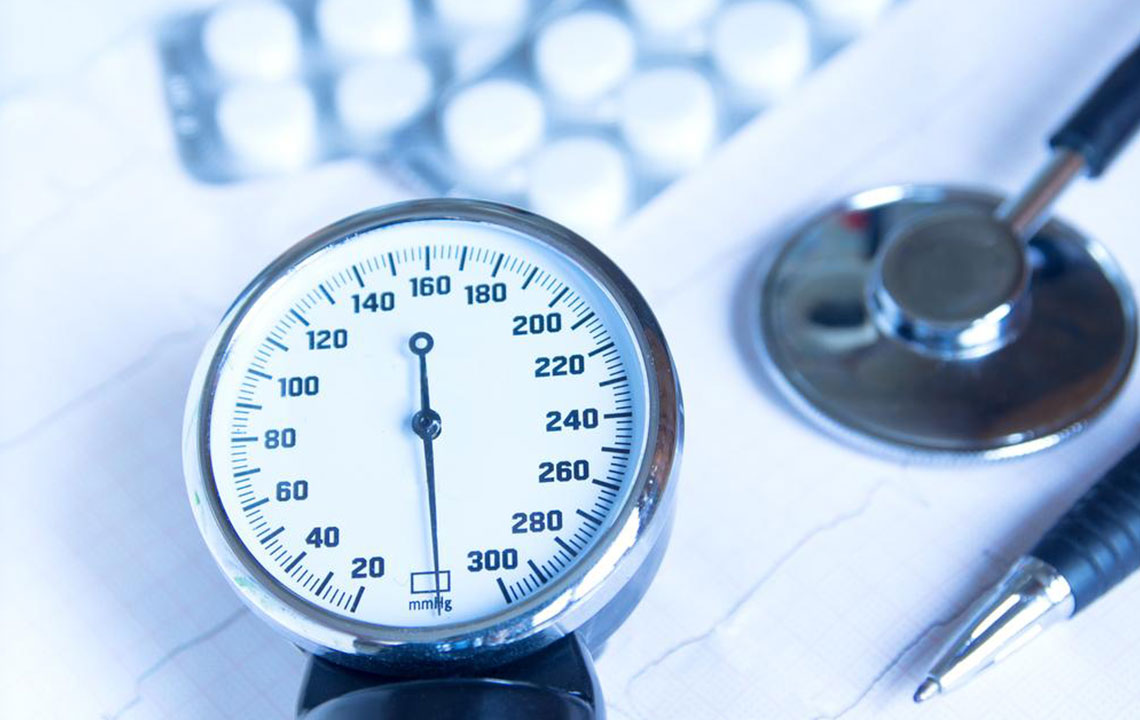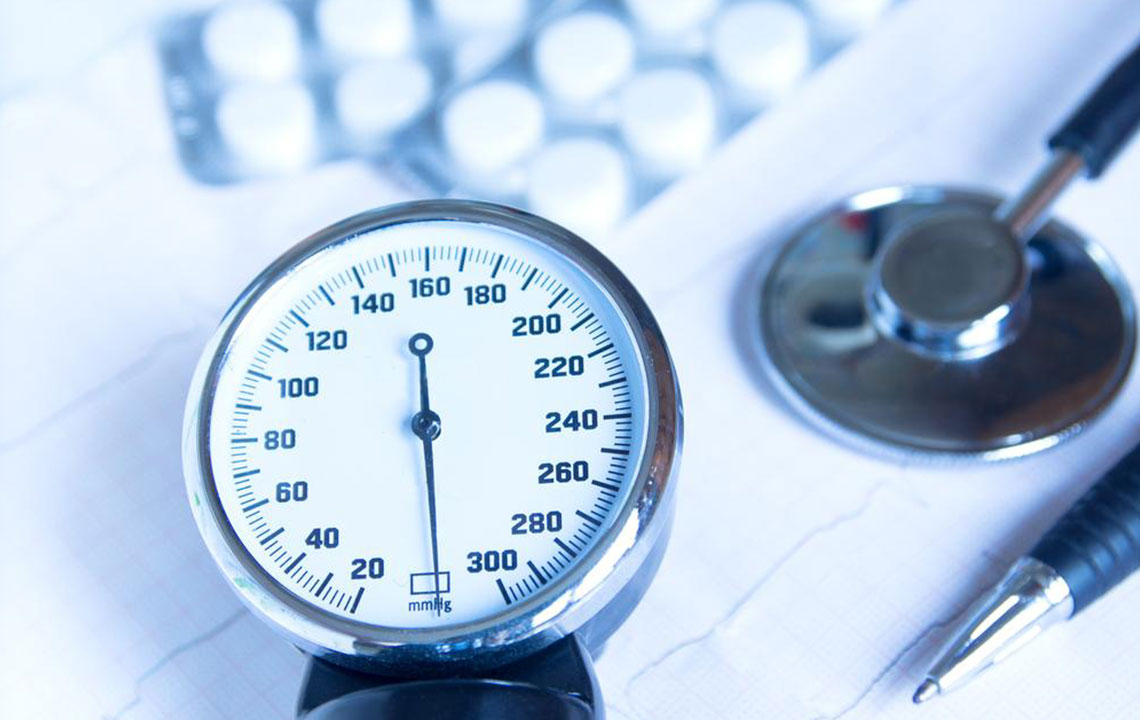Effective Natural Approaches to Lower Blood Pressure and Promote Heart Health
Discover comprehensive natural strategies to lower and maintain healthy blood pressure levels. This guide covers dietary tips, exercise routines, weight management, and lifestyle changes proven to reduce hypertension risk and support heart health. Empower yourself with practical, sustainable methods to enhance your cardiovascular well-being and prevent related health issues through natural and effective approaches.

In recent years, the prevalence of hypertension has surged globally, largely driven by modern dietary habits and lifestyle choices. The widespread consumption of processed, fast foods rich in sodium, saturated fats, and artificial additives has contributed significantly to increasing blood pressure levels among adults of all ages. While occasional indulgence in sweet, spicy, or salty foods may seem harmless, sustained high intake of these dietary components can have serious health consequences. Managing blood pressure effectively requires a comprehensive understanding of lifestyle and dietary factors that influence cardiovascular health. This article explores natural strategies to lower blood pressure efficiently while promoting overall well-being, emphasizing sustainable lifestyle modifications that can prevent hypertension and related complications.
High blood pressure, also known as hypertension, is a chronic medical condition characterized by consistently elevated blood pressure readings. For adults, normal blood pressure typically measures around 90/60 mmHg to less than 120/80 mmHg. Readings above these thresholds may signal the onset of hypertension, which, if left unmanaged, can increase the risk of stroke, heart attack, kidney disease, and other serious health issues. Recognizing the importance of early intervention, individuals are encouraged to adopt natural, lifestyle-oriented strategies to maintain healthy blood pressure levels and prevent the development of chronic diseases.
Understanding Blood Pressure and Its Impact on Your Health
Blood pressure is the force exerted by circulating blood on the walls of blood vessels. It is expressed in two numbers: systolic pressure (the top number) and diastolic pressure (the bottom number). Maintaining optimal readings is vital because persistent high blood pressure strains the heart and damages arteries, leading to atherosclerosis and increasing the likelihood of cardiovascular events. The good news is that many factors influencing blood pressure are modifiable through conscious lifestyle choices and diet adjustments, making natural management both feasible and effective.
Key Natural Strategies to Lower Blood Pressure
1. Achieve and Maintain a Healthy Weight
Excess body weight significantly contributes to increased blood pressure levels. Obesity causes the heart to work harder, raising the risk of hypertension. Studies indicate that for each kilogram of weight lost, blood pressure can decrease by approximately 1 mmHg, illustrating the profound impact of weight management on cardiovascular health. Beyond overall weight, waist circumference serves as an important indicator—men with waist sizes exceeding 40 inches and women over 35 inches are at increased health risk. Incorporating a balanced diet combined with regular physical activity can facilitate gradual, consistent weight loss, thereby reducing hypertension risk and enhancing overall health.
2. Engage in Regular Physical Activity
Routine exercise is a cornerstone of hypertension prevention and management. Engaging in at least 150 minutes of moderate-intensity aerobic activity per week—such as brisk walking, cycling, swimming, or jogging—can lower systolic and diastolic blood pressure by up to 8 mmHg. Consistency is key; halting exercise routines often leads to a rebound in blood pressure levels. Incorporating physical activity into daily life not only helps control weight but also improves heart function, vascular flexibility, and reduces stress hormones that can constrict blood vessels. Expert recommendations emphasize that staying active is one of the most effective natural measures for preventing and managing high blood pressure.
3. Adopt a Heart-Healthy Diet
Dietary habits play a pivotal role in blood pressure regulation. The Dietary Approaches to Stop Hypertension (DASH) diet is widely endorsed for its effectiveness. It encourages the consumption of fruits, vegetables, whole grains, nuts, seeds, lean meats, and low-fat dairy products. This diet limits foods high in saturated fats, trans fats, and cholesterol. A key component is increasing potassium intake through foods like bananas, sweet potatoes, spinach, and beans, as potassium helps counteract the adverse effects of sodium. Keeping a food diary can aid in tracking salt and nutrient intake, ensuring adherence to dietary recommendations. Emphasizing nutrient-rich, plant-based foods promotes better vascular health and stabilizes blood pressure naturally.
4. Limit Sodium Intake
Sodium is a primary contributor to high blood pressure, and reducing its intake is one of the most straightforward steps individuals can take. The general recommendation is to limit sodium consumption to no more than 1500 mg per day, which equates to roughly one teaspoon of salt. Processed foods, canned soups, snack foods, and fast food tend to contain excessive sodium. Reading nutrition labels and choosing fresh, whole foods can greatly reduce overall salt intake. Gradually decreasing salt consumption allows taste preferences to adjust, making this a sustainable lifestyle change. Lowering sodium intake has been consistently linked to significant improvements in blood pressure among hypertensive and pre-hypertensive individuals.
5. Quit Smoking and Avoid Tobacco Use
Smoking cigarettes heightens blood pressure temporarily and damages blood vessel walls, accelerating the progression of cardiovascular disease. Nicotine constricts blood vessels and raises heart rate, contributing to sustained hypertension over time. Quitting smoking can lead to immediate and long-term benefits, including improved blood pressure readings and enhanced heart health. Various cessation methods—nicotine replacement therapy, behavioral counseling, support groups—are available to support individuals in their journey to become smoke-free. Protecting your cardiovascular system by quitting tobacco is one of the most impactful natural steps in lowering hypertension risk.
6. Limit Alcohol Consumption
While moderate alcohol intake might offer some health benefits, heavy drinking or excessive alcohol consumption is strongly associated with increased blood pressure and other health issues. For individuals already diagnosed with hypertension, abstaining from alcohol entirely is advisable. If choosing to drink, moderation is critical—generally no more than one drink per day for women and two for men. Instead of alcohol, opt for healthy beverages like fresh fruit juices, herbal teas, or milk, which support overall health without the adverse effects associated with alcohol consumption. Avoiding excessive alcohol intake contributes significantly to better blood pressure control and reduces cardiovascular risk.
7. Embrace Broader Lifestyle Changes
Beyond diet and exercise, other lifestyle factors profoundly influence blood pressure. Managing stress through mindfulness, meditation, yoga, or breathing exercises can lower stress hormones and improve vascular function. Ensuring adequate sleep is equally important; poor sleep quality and duration are linked to hypertension. Limiting caffeine intake, managing underlying health conditions like diabetes, and reducing sedentary behavior all contribute to maintaining healthy blood pressure levels. Making these comprehensive lifestyle adjustments empowers individuals to take control of their health, reduces dependency on medications, and fosters a longer, healthier life.
Conclusion: The Power of Natural, Preventive Measures
Managing blood pressure naturally is an achievable goal that hinges on informed lifestyle choices and consistent effort. Combining a nutritious diet, regular physical activity, weight management, and avoidance of harmful habits like smoking and excessive salt or alcohol consumption can lead to significant reductions in blood pressure. These natural strategies not only help prevent hypertension but also promote overall cardiovascular health and longevity. Starting today with small, sustainable changes can yield profound health benefits over time. Remember, proactive health management is a lifelong journey—embrace these natural remedies and enjoy the advantages of a healthier, stress-free life.





